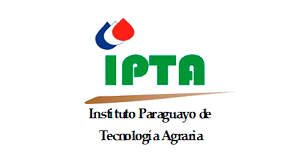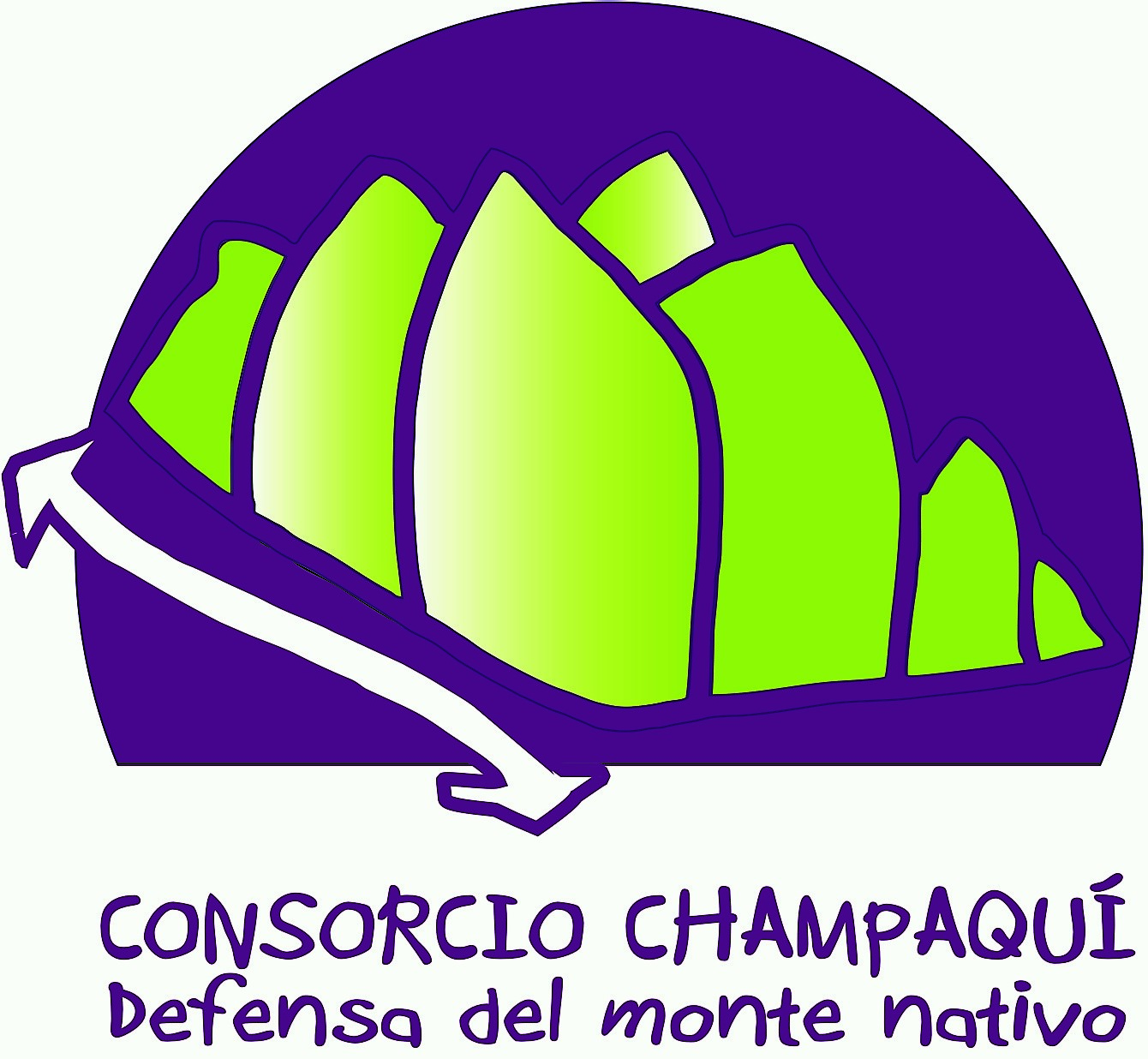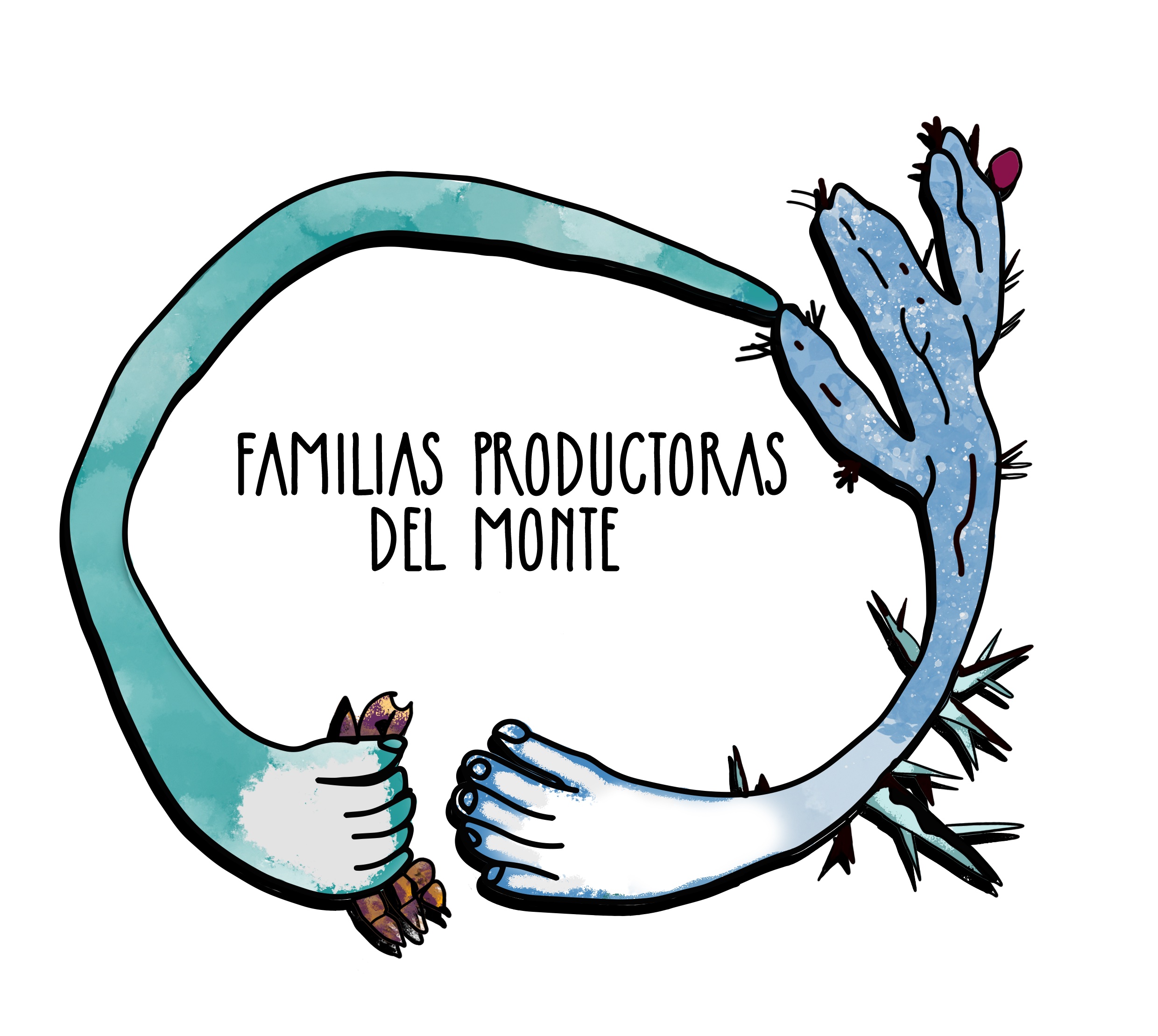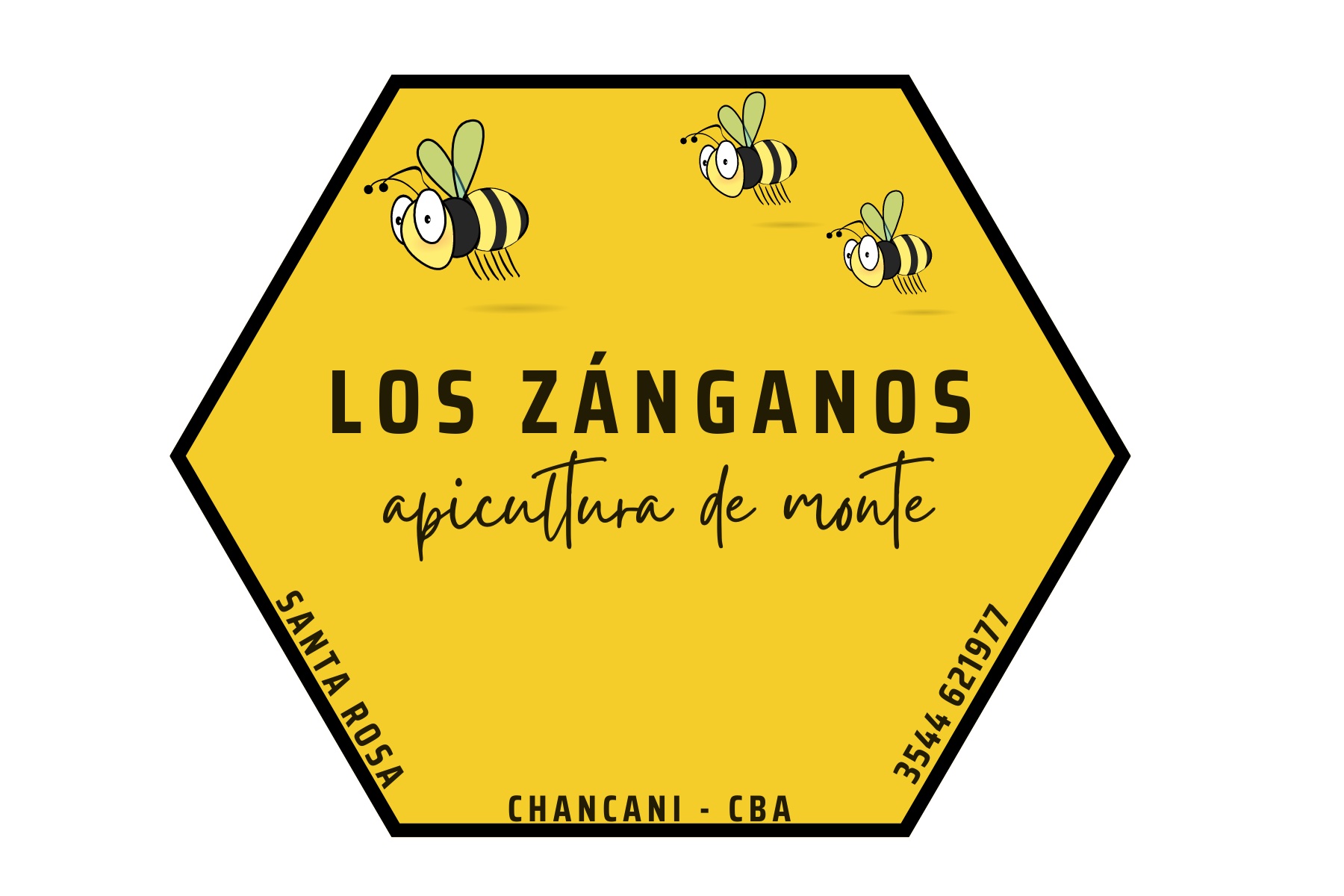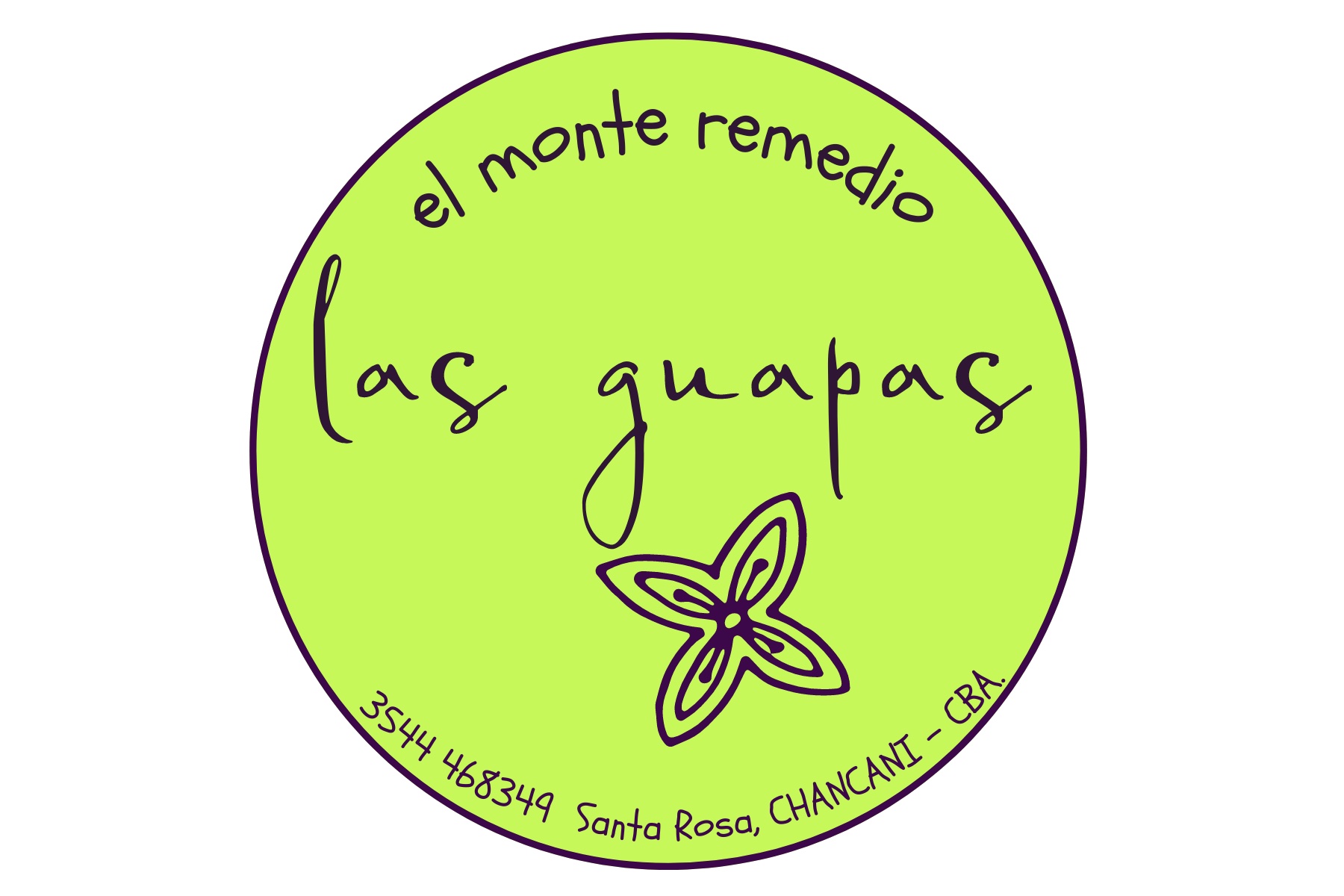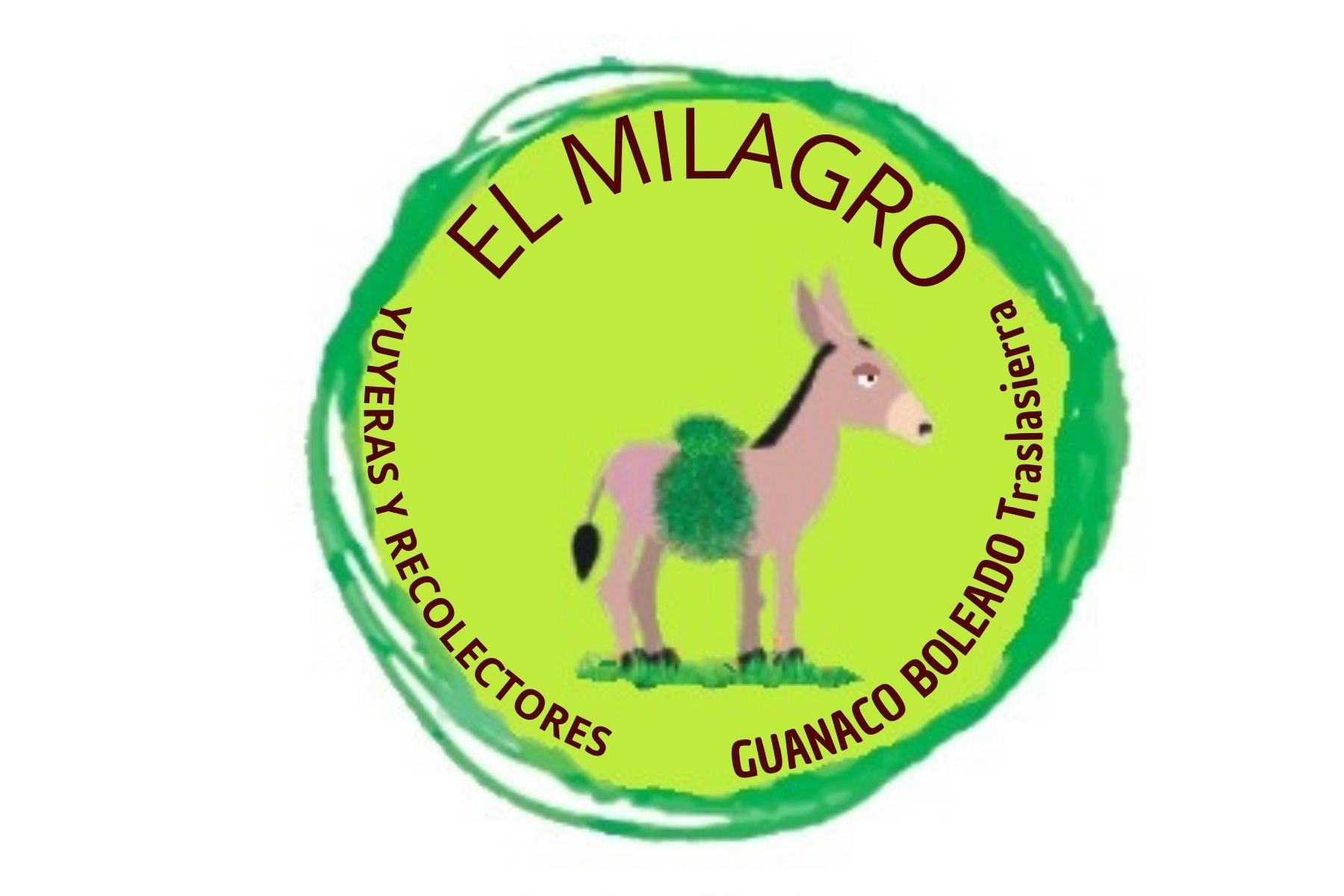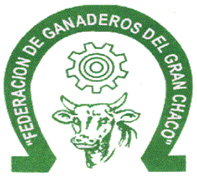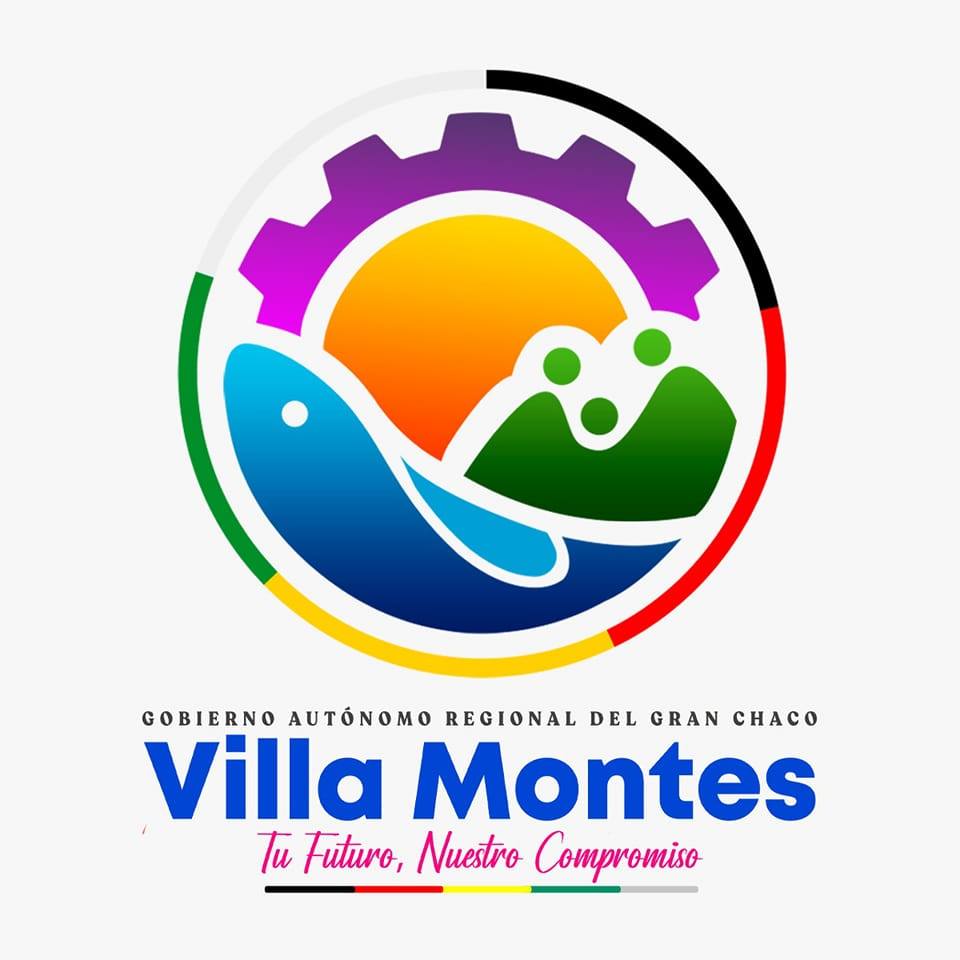Resilient farms network under sustainable forest management
Argentina, Bolivia and Paraguay created an integrated network of sustainable productive experiences based on the multiple use of the forest in the Chaco region, encompassing its socio-environmental diversity.
Context of the story
The Gran Chaco Americano occupies 1,100,000 km2 in Argentina, Bolivia and Paraguay and currently represents a global hotspot of deforestation for agriculture and livestock. Intensive livestock production systems are transforming the diverse and multi-stratified forest into unsustainable “savannah” systems (known as traditional silvopastoral systems) representing a deferred deforestation process. This process of land use change has caused a loss of biodiversity and ecosystem services, endangering the resilience of production systems in the face of climate change. Adaptive management for the multiple forest uses by integrating livestock, is positioned as a productive alternative considering the conservation of the socio-ecosystems of the Chaco forests.
A network of experiences and knowledge that contributes to increasing resilience in Chaco farms.
The implemented initiative
INTA, IPTA and NATIVA have been working to promote the multiple use of the Chaco forest through adaptive management within a sustainability framework.
With FONTAGRO, we aim to strengthen this process through the formation of a network with a common methodology. The network will allow the integration of producers' experiences into sustainable forest management with integrated livestock through information flow and organization, strengthening their resilience under climate change.
The objectives of the initiative are: (i) to create a network of adaptive forest management experiences; (ii) monitor and adjust the forest management experiences of producers that make up the network; (iii) build capabilities and competencies of local actors, and disseminate information to other society sectors.
A network that allows us to grow together under sustainable forest management
The technological solution
The network strengthens the flow of information between productive systems, professionals and public administration, becoming a tool in a continuous improvement process under adaptive and sustainable management of the Chaco Forest.
The common monitoring system for the dynamic evaluation of production processes, based on a hierarchical system of principles, criteria and indicators, will facilitate addressing the complexity of the sustainability concept in a logical, objective and integrated manner. The development of specific tools for monitoring, such as a common methodology, an app to record indicator surveys and a unified database, will facilitate the monitoring of forest management plans for a dynamic evaluation. In addition, we can detect shortcomings in different stages of the processes, and training needs for producers, professionals and public administration agents. This provides a tool for the sustainability analysis of the production processes at the farm, territorial and regional scales.
"It's nice that other places are doing similar activities. It will be good to know how they are moving forward and resolving the issues that arise."
Type of project
Results
The project includes 2,000 direct beneficiaries, comprised of small and medium-sized producers, indigenous communities in Argentina and Paraguay, and professionals.
Improvements are expected on 80% of the network's farms by considering three dimensions: environmental, productive, and socioeconomic.
In the first year, a database was built with information on forest management experiences with livestock and multiple forest use experiences, which included individual and group Creole producers, indigenous communities, and women's groups. In addition, a stakeholder mapping guide was designed and implemented in areas of Santiago del Estero, Córdoba, Santa Fe, Salta, and Irala Fernández.
In the area of innovation, two monitoring tools have been developed: unmanned aerial vehicles for surveying forest communities and temporal image analysis for the dynamic assessment of forests and other plant communities.

 Back to the project
Back to the project Argentina
Argentina Bolivia
Bolivia Paraguay
Paraguay Uruguay
Uruguay

